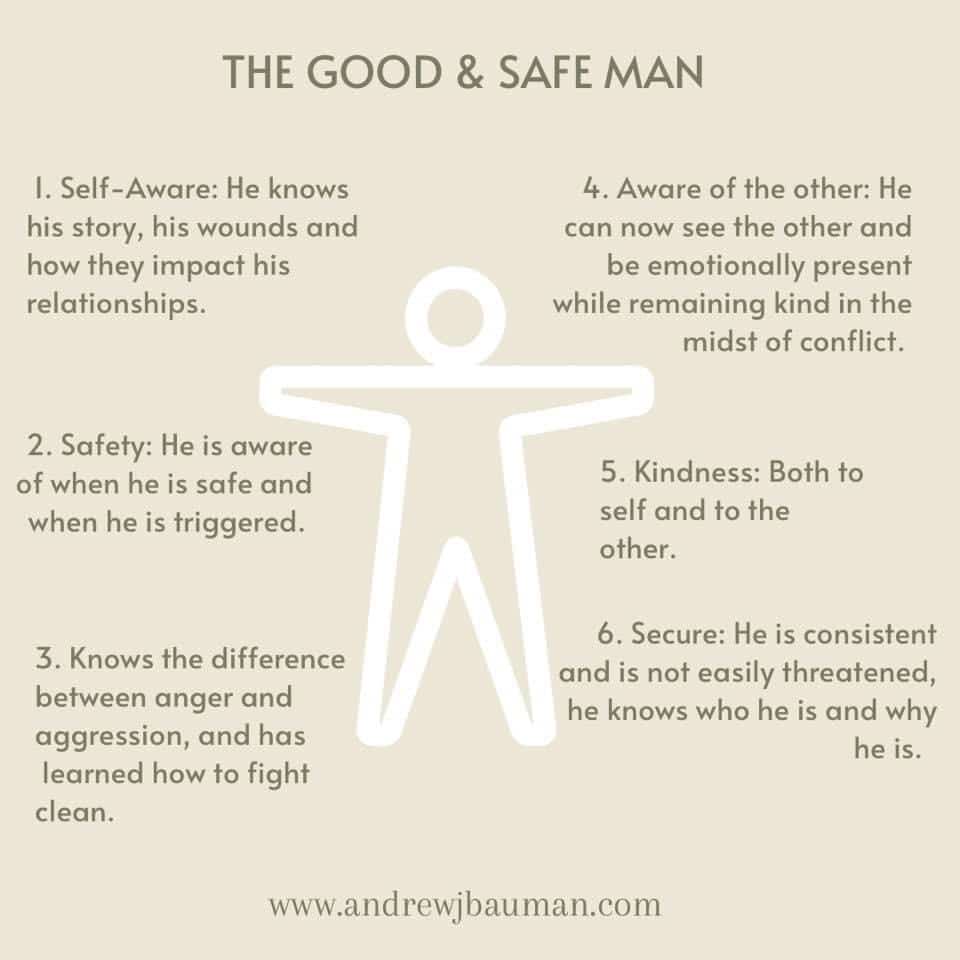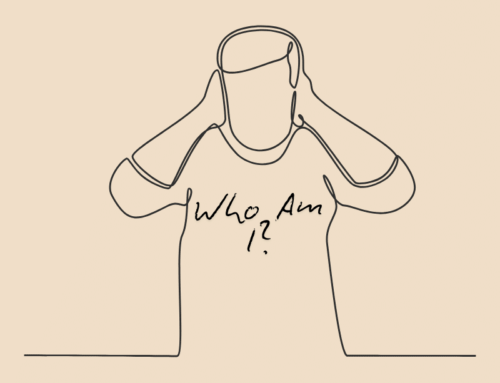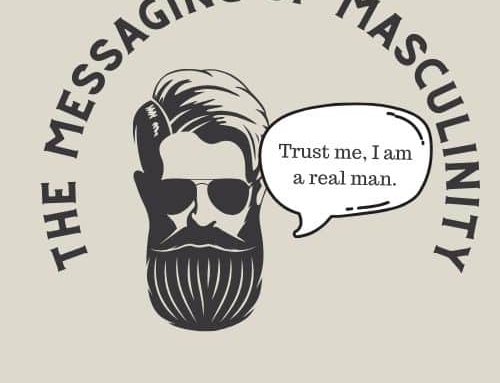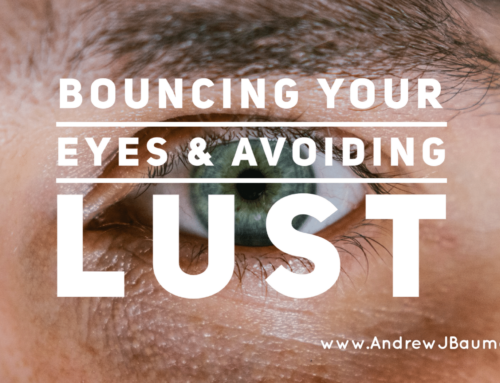Many women long for good and safe men in their lives. Sadly, they are rare, so much so that my wife keeps a list in her top drawer to remind herself that they even exist. Women need more good men. But men also need more good men. We long to break the legacies that many of our fathers passed down to us. Yet, many of us are orphaned and do not know where to turn, or what it looks like to grow into who we have long pretended to be. Our sons are calling and acting out for connection and presence from good and safe fathers. Men, it is time we step into who we are meant to be!
So what are the steps? A list perhaps? Not a perverse to-do list, but a kind reminder, pointing us to where we should walk next, and how to get there. Maybe a better way to say it is we need a roadmap. We need a map to help parent the lost little boys inside of our bodies, finding a way back to safety. We are scared and react out of that insecurity, many times doing damage to the ones we say we love the most. We must pay attention to the young undeveloped places within us, offering kindness, care, and curiosity rather than contempt and judgment.
We also need more guides; men who have done the hard work to become safe, men who have “been there and done that.” We need men who are both kind and strong, with genuine masculinity that is not toxic nor fragile. I spent much of my teens and early twenties looking for father figures in my life. Looking for affirmation outside of myself, to affirm my insecurities. I found a few helpful sages, but it was not until I internalized their belief in my goodness that I began to father the orphaned places within myself and became a safe man. Below are some categories that will be helpful both for men who want to become safe and for women who must choose a safe and good partner.
What Makes a Good & Safe Man?

First, a good and safe man is self-aware. He knows his story, his wounds, and how they impact his relationships. He has done the hard work of becoming an honest and authentic man.
Second, he is aware of safety. He knows when he is not acting safe and removes himself from the situation and self-regulates. He knows when he is triggered and adjusts to make sure he is providing safety to his partner and anyone he is in a relationship with.
Third, a good and safe man knows the difference between anger and aggression and has learned how to fight clean. He is self-controlled and centered. He does not fly off the handle and rage; he names his anger without being violent.
Fourth, he is aware of how he impacts others. He can now see the other and be more emotionally present while remaining kind in the midst of conflict or high tension. He is no longer selfish and self-centered. He understands his impact and the weight of his action or inaction on those he has relationships with.
Fifth is kindness—both to self and to others. He is no longer ruled by self-contempt or other-centered contempt. He is not necessarily just a “nice” man, but a kind man. Normally, you can see the kindness in his eyes. Kindness is also not something that is easily attained. Kindness towards self and others grows after the hard emotional story work of dealing with heartache and trauma. You cannot be an insecure man and a kind man.
Finally, the last category is that of security. The good and safe man is secure in himself. He is consistent and not easily threatened or jealous. He knows who he is and knows why he is here. He has purpose and meaning outside of his relationship with his partner. He knows his “calling” and where he is going.
I want to close with a blessing to the man who is on the journey of healing, whether you are just beginning or are already years into this painful journey toward wholeness. This is my prayer for you.
Men, God believes in you, more than you believe in God. May you have the courage and integrity to believe in yourself. You have what it takes to be a good and safe man. But know that your healing will come at a cost. Surrender hurts. Loosen your grip, release control, and feel what is evoked in you. Feel the fear. Weep. You are not defined by past trauma, your present failures, or your violence. You must take responsibility and accept the consequences of your actions. You must own your adolescent behavior for you can move beyond it. Step into who God already sees you to be. Humility is strength and repentance is kindness; may you embrace both.





